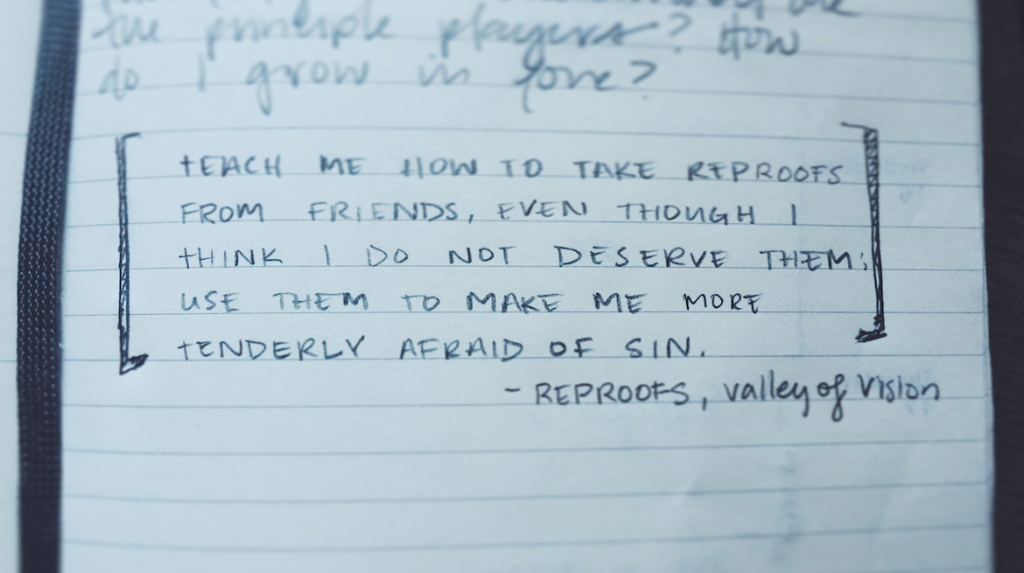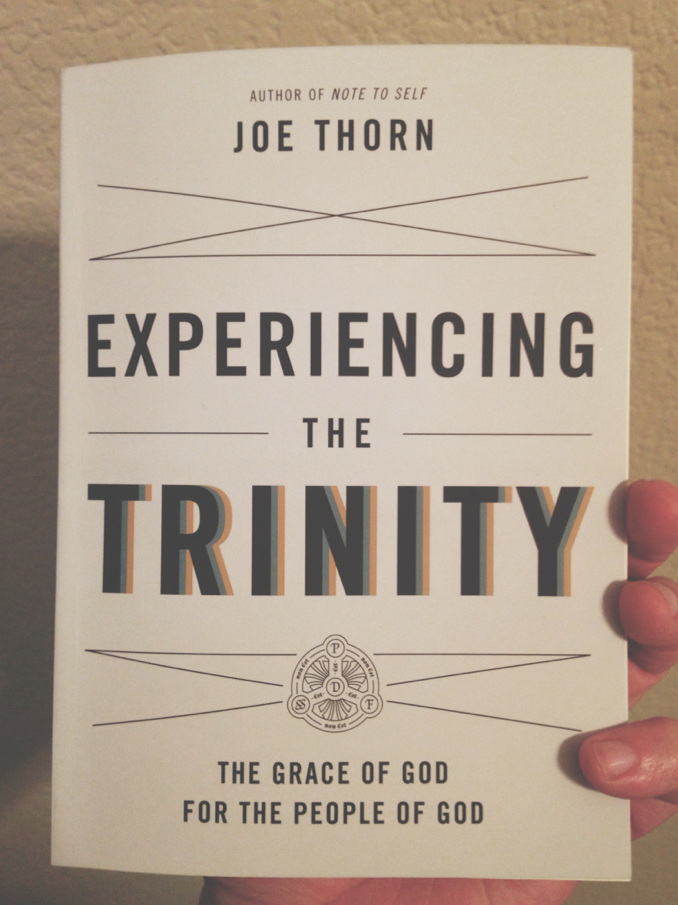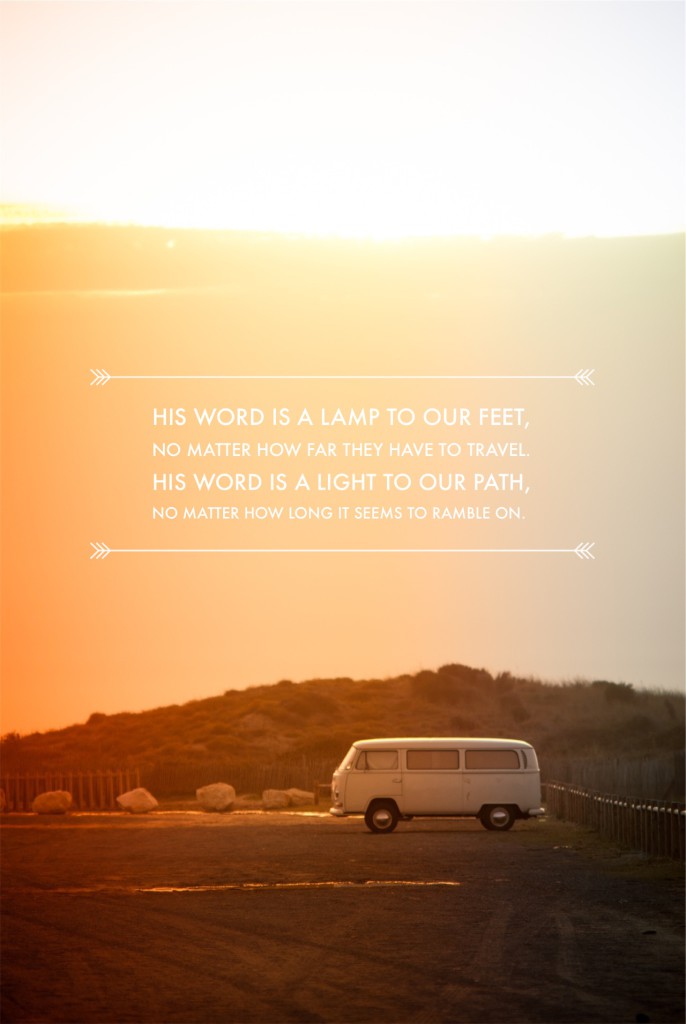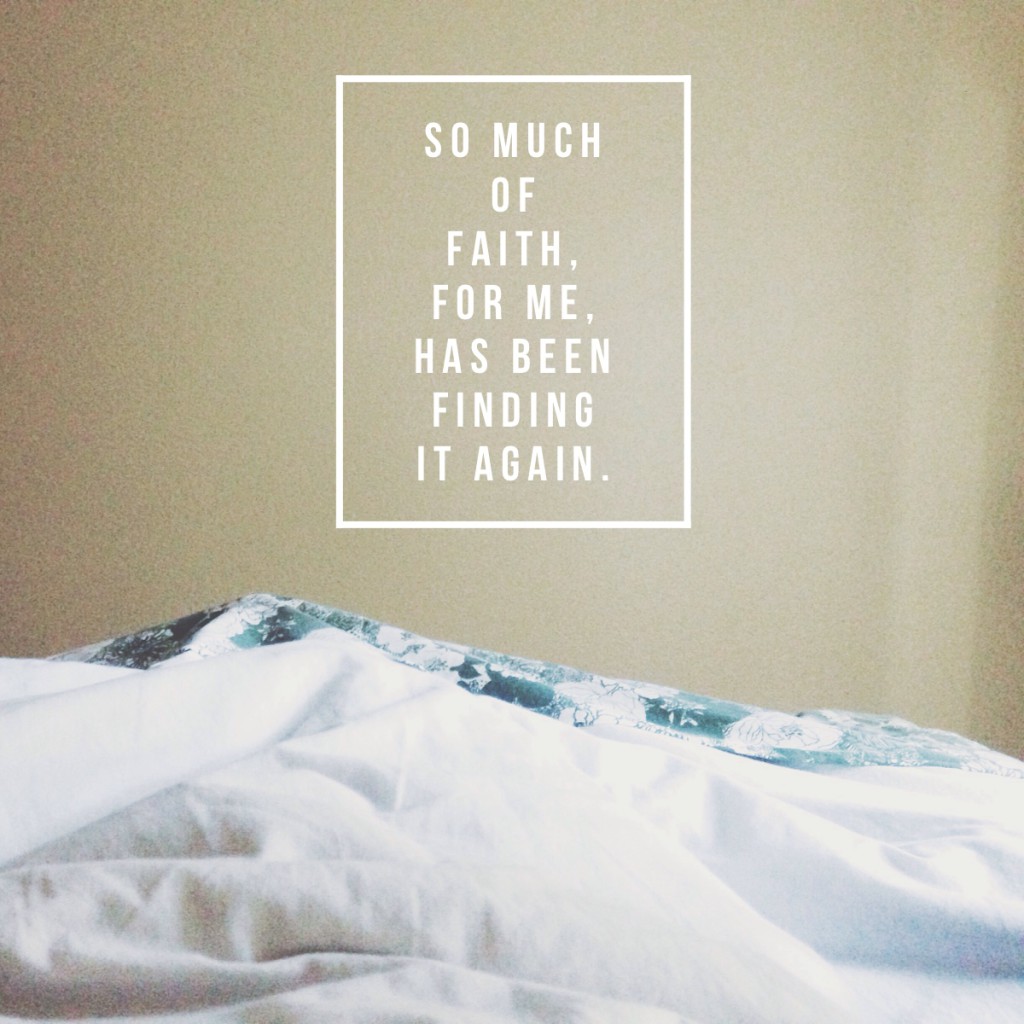Shame on Me: Embracing Accusation
 I like to think of myself as flexible, in spirit and person. I am naturally judgmental of myself and not of others, and prone to dissecting my inadequacies with a double edged sword, painfully and precisely. Some call this naval gazing or introspection. I am learning it can be a tool of the enemy to split the Gospel into sections, applying some to me, all to others, and none to the parts I stumble over naming.
Last night we ate soup and homemade bread and in the middle of dinner pulled up a Shane and Shane song on YouTube. We don't usually keep electronics at the dinner table and by usually I mean we never do, but we were talking about shame and the enemy's ploy. I had sent this quote from Pilgrim's Progress to Nate earlier in the day and we were talking about some shame I have been carrying around like a child carries worthless treasures in his pocket: sticks, stones, names that really do hurt you.
I like to think of myself as flexible, in spirit and person. I am naturally judgmental of myself and not of others, and prone to dissecting my inadequacies with a double edged sword, painfully and precisely. Some call this naval gazing or introspection. I am learning it can be a tool of the enemy to split the Gospel into sections, applying some to me, all to others, and none to the parts I stumble over naming.
Last night we ate soup and homemade bread and in the middle of dinner pulled up a Shane and Shane song on YouTube. We don't usually keep electronics at the dinner table and by usually I mean we never do, but we were talking about shame and the enemy's ploy. I had sent this quote from Pilgrim's Progress to Nate earlier in the day and we were talking about some shame I have been carrying around like a child carries worthless treasures in his pocket: sticks, stones, names that really do hurt you.
“Shame tells me what men are, but it tells me nothing of what God or the Word of God is," said Faithful.
It seems to me we're all carrying shame in some fashion. (Shame is different from guilt, although we often confuse the two—guilt is a true reminder of what you have done, shame is a cloudy reminder of what others or you perceive you have done—but neither are too far gone from the expansive cloak of the gospel.) Few of us will take the time to tell the difference between shame and guilt, and even fewer will raise our hands and say, "That's me. I am stumbling under the crippling weight of shame." It is so shameful, see, to confess shame. For the guilty it is easy to point to a specific instance in which the sin was committed, to say, indeed, I have done the thing. But shame? Shame slinks and crowds and cordons and points and laughs and we all feel like blind men groping in the pitch for something to feel guilty about because the shame is too much to bear without a certain wrongdoing to make right.
We can repent for what we did wrong, but it seems impossible to repent for the compulsory constant feeling that we've done something wrong. This is shame. Guilt sends you to prison. Shame keeps you out of it but makes the whole world a prison. You cannot go anywhere or see anything without a pulsing reminder that something isn't right. This is shame.
Years ago my pastor said when the enemy comes and tells him he's a failure, he's wrong, he's terrible, he's a loser, he tells the enemy back that he is right. He is all those things, and more. This is why the gospel is such beautiful news, he said, because all the things the enemy says about him are true—even worse (lust is as adultery, hatred is as murder!), but Jesus. Sweet Jesus.
Somewhere along this year I've had my head down so far I could only see the strewn failures behind me, there is nothing I can do to make any of this year make sense or be made right. I feel shame about marriage, my body, my fear of violence, our loss of financial security, our home, church, all of it. There is not anything in life unscathed from shame these days. If you note something beautiful about any of it, the thing quickest to my lips and heart is how I have failed at all of it. And this won't make sense to almost anyone, but it makes sense to the enemy and he has taken every foothold he can in the process. And you have places just like that in your life today too.
Last night, that quote from Pilgrim's Progress, the song from Shane and Shane, my best friend reminding me that whatever accusations come my way are true, but not as true as the gospel which covers them all—these things are raising my head, slowly, surely, reminding me of truth. If this weighty shame is not telling me something about God or the Word of God, then it is not of Him, it cannot be.
This morning I read in Colossians and circle all the times the word "all" appears and it is many. The first chapter is full of them, they're everywhere. I am reminded that there is no part of my heart or soul that is not covered completely by the gospel of Christ, whether a true failure or a percieved one, His grace is enough. It is all and enough.












